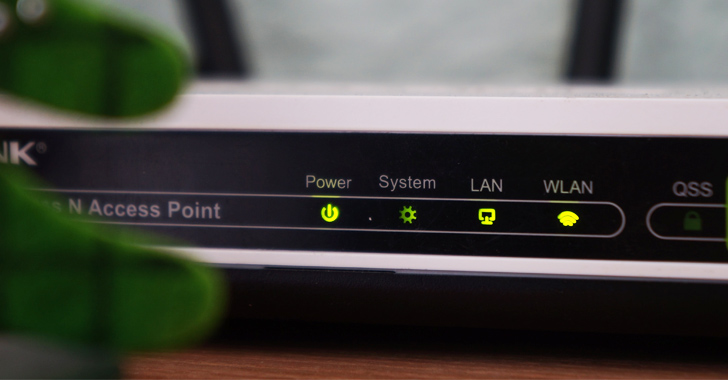Senators Richard Blumenthal and Marsha Blackburn have questioned TikTok’s misleading assurances and cited reports of sensitive financial information of American creators being stored in China.
A threat group tracked as APT28 and linked to Russia’s General Staff Main Intelligence Directorate (GRU) has breached Roundcube email servers belonging to multiple Ukrainian organizations, including government entities.
An unidentified cybercrime group was observed brute-forcing vulnerable Linux SSH servers to drop various malware strains, including the Tsunami DDoS bot. Tsunami, also known as Kaiten, is used by a multitude of threat actors as the source code of the botnet is publicly available. administrators are recommended to use passwords that are difficult to guess and […]
Condi, unlike some botnets which propagate by means of brute-force attacks, leverages a scanner module that checks for vulnerable TP-Link Archer AX21 devices and, if so, executes a shell script retrieved from a remote server to deposit the malware.
Gen Digital, the company behind known cybersecurity brands such as Avast, Avira, AVG, Norton, and LifeLock, has confirmed that employee’s personal information was compromised in the recent MOVEit ransomware attack.
Cyware, a leading provider of threat intelligence management and cyber fusion solutions, announced today a strategic technology partnership with Mimecast, an advanced email and collaboration security company.
Pro-Russian hacker group Anonymous Sudan appears to use expensive online infrastructure to perpetuate distributed denial-of-service attacks, undermining its claim to be a volunteer group operating from an impoverished East African country.
The threat actors claim to have stolen 7 TB of data from the University of Manchester during a June 6th cyberattack in an email sent to students and shared with BleepingComputer.
To ensure the legal and safe use of data, businesses should provide employee training, anonymize PII before processing, and regularly review and update data protection policies.
A group of government-backed hackers used an almost six-year-old Telerik vulnerability to break into a US federal agency’s Microsoft IIS web server, underscoring the importance of patching.









